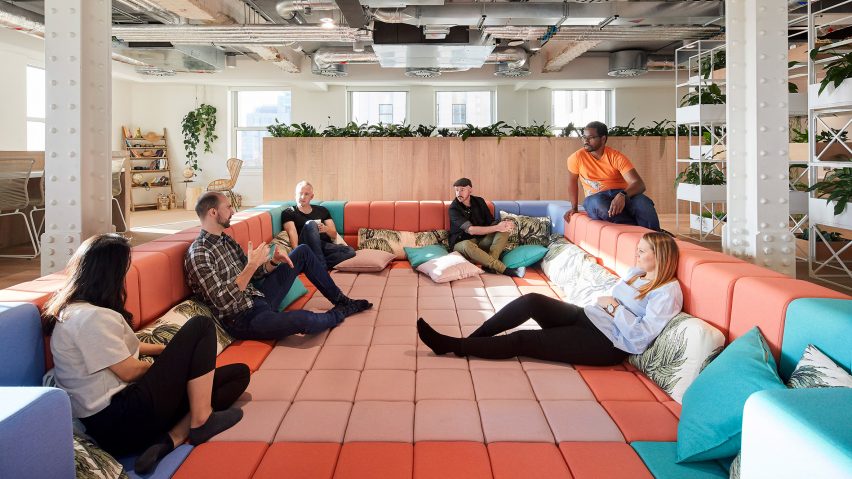
Spotify to make its offices feel more like home as it introduces "work from anywhere" policy
Swedish music streaming brand Spotify is to improve the cosiness and acoustics of its offices to mimic domestic workspaces used by employees during the coronavirus pandemic.
It will also introduce a "work from anywhere" policy from this summer. Announced last month, this will allow employees to work from home, from the office or from a combination of the two.
"We've got a new policy, which is basically [that you can] work from anywhere, which is inclusive to everyone being able to choose wherever they work," said Sonya Simmonds, head of workplace design and build at Spotify.
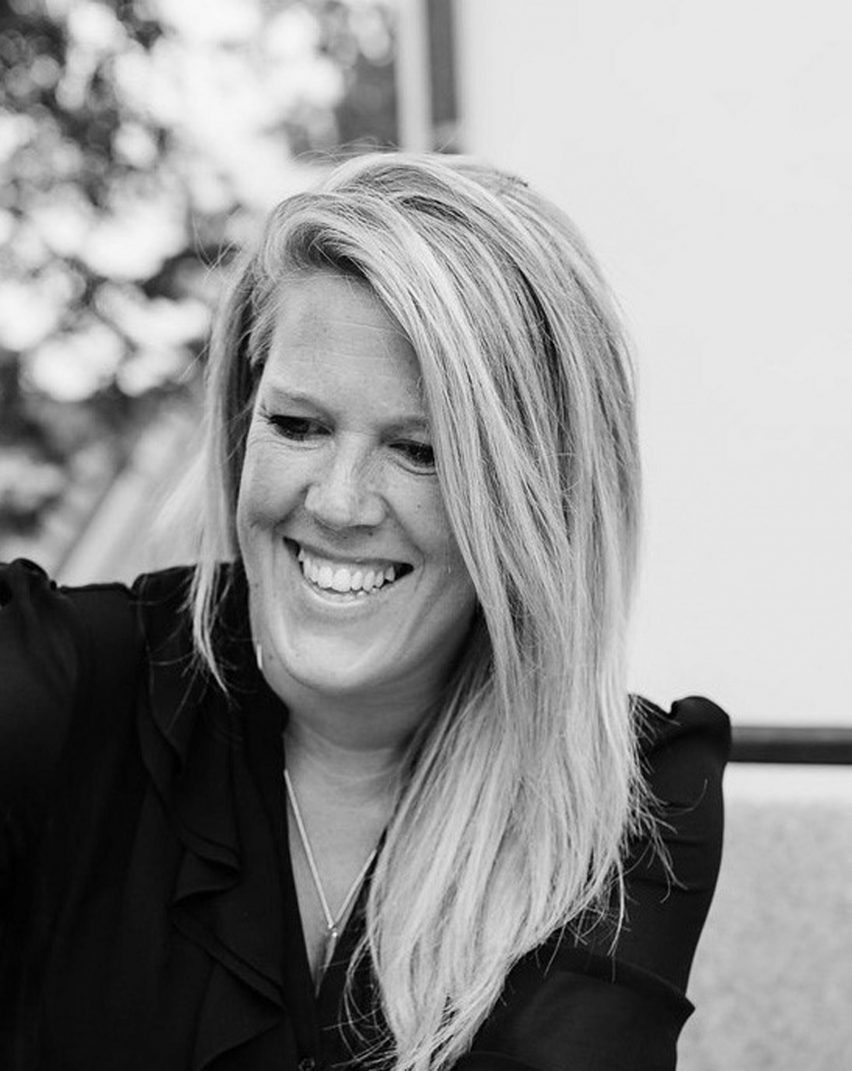
Simmonds discussed the company's approach to reopening its offices during a live Dezeen talk about the impact of the coronavirus pandemic on workplace design.
"I think that we see two camps really," she said, explaining how Spotify employees feel. "People who want to work from home and people who want to go into the office."
"But we still see a massive need for the office."
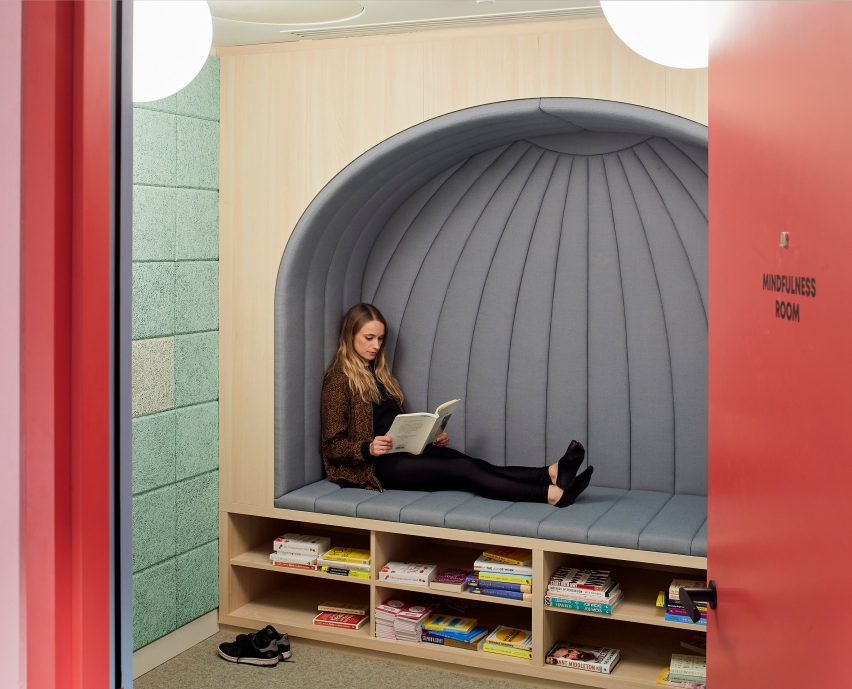
Based in Stockholm, Simmonds is responsible for the look and feel of all Spotify's offices around the world. She said her role is to "nail down what our culture and values are and how that shows through the buildings".
She said that working from home over the past year has highlighted some of the benefits that domestic environments have over workplaces. She now plans to adapt company premises to make them feel more homely.
"I don't agree that the desk is dead," she said. "But I think we have to look at creating spaces that mirror the kind of feeling that we've got from home so we can choose where we work."
"We will be shuffling our offices around now based on what we've learned from home," she added. "We will be reconfiguring to get the best out of each building."
Sonya Simmonds made the comments during a live Dezeen talk
Soft acoustics, cosiness and proximity to a window are among the benefits of home working, she said, along with ability to play personal music choices.
"In our homes as a whole we've got really good acoustics; we've got sofas and curtains," she said. "And that's what's lacking in an office sometimes."
"I guess what we've learned is this cosiness, and we want to keep that. I think that we really have to kind of get that comfort level in."
She plans to introduce "cosy little nooks" where people can work quietly. But she has also noticed that many people who are working from home choose to sit facing a window.
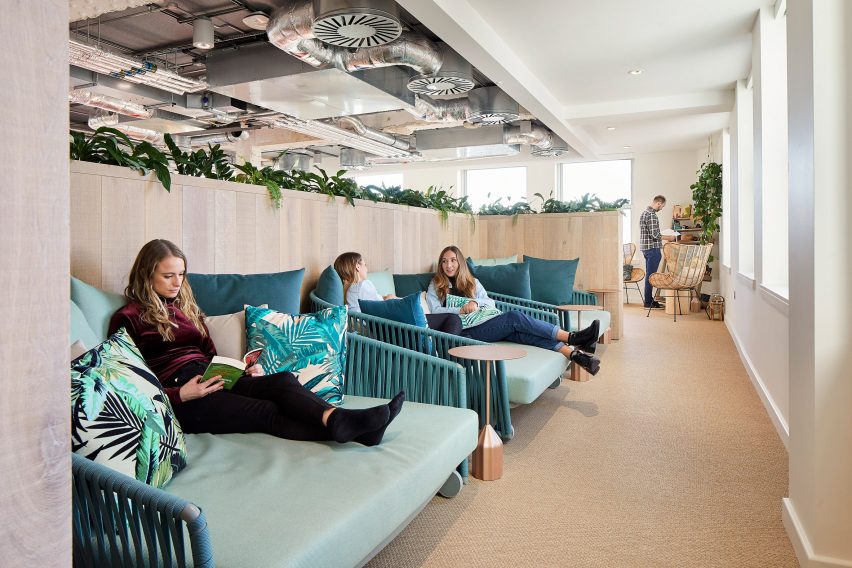
"Maybe people are putting their computers by the window so they can see activity; people walking past. That brings you some life. This is something we are really lacking when working on our own at home."
At home, Simmonds added, people can music to suit their mood without worrying about whether co-workers will like it or not.
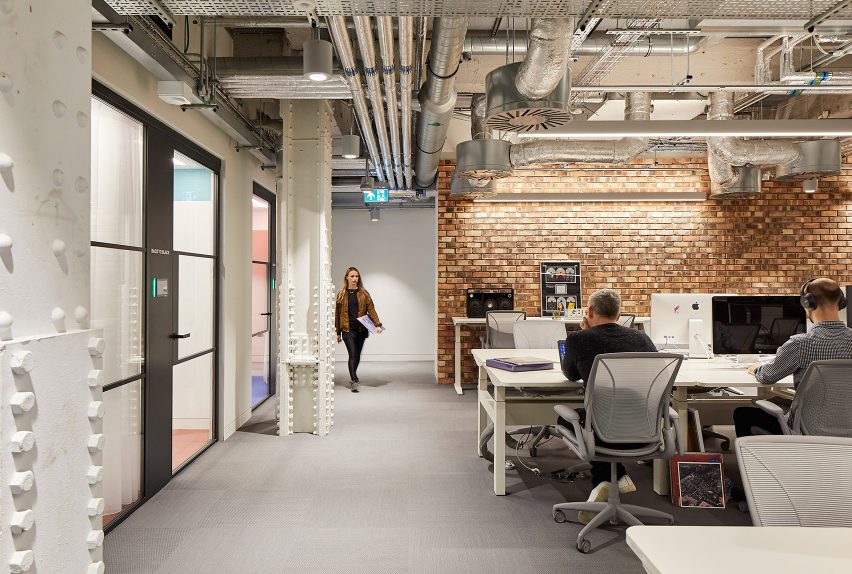
'The benefits of music are huge," she said. "It's a very emotional reflection of your whole entire life. People choose different music for every part of their life. At home, you can choose what you want"
The company has used music to liven up video meetings during lockdown. "Quite a lot of our meetings open up with music pumping out," she said.
"It just gets you going. It gets you super excited about what's coming up."
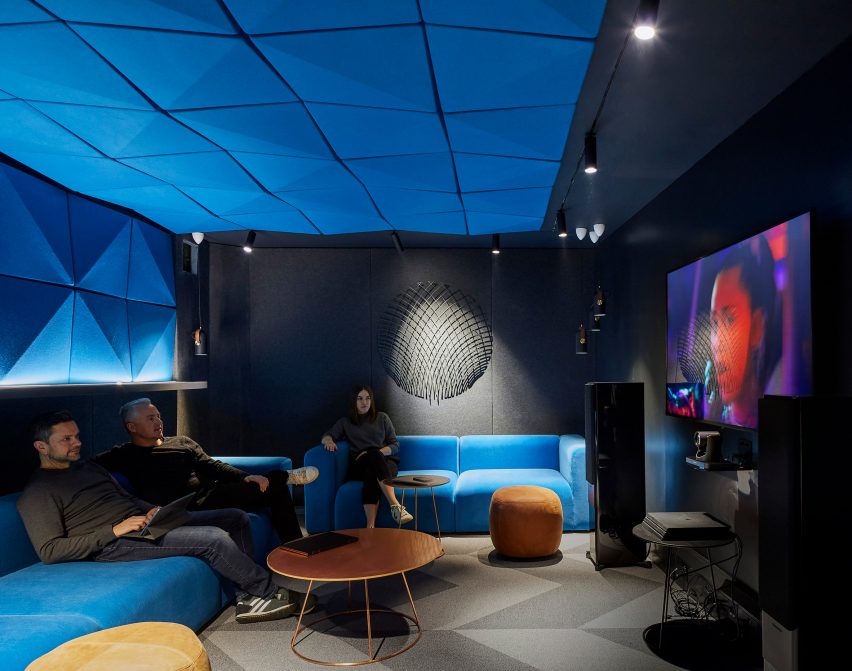
Unsurprisingly, Spotify already integrates music into its office and has speakers installed in all its spaces. "We have music in all of our lifts," she said. "We also have music in our toilets."
In the brand's Gothenburg office, it has installed a system that plays an employee's favourite song when they swipe in. "That's awesome," she said. "So you can just like arrive to your favourite song every day."
Broadcast live last month, the Dezeen talk explored how office design will change as a result of the pandemic. It was held in collaboration with architecture studio TP Bennett and featured Simmonds alongside TP Bennett principal director Cristiano Testi.
Testi noted that corporate clients were increasingly interested in providing music in the workplace.
"People we work with like Spotify, Google and Facebook have had music in their receptions and restaurants for a long time but we're now seeing that go into other more traditionally corporate sectors, like banking and law firms," he said.
"It might be subtle jazz or classical music or chill out music – but I now notice if it isn't there and spaces are poorer without it."
"I think the offices of the future will have to consider all five senses in an equal way," he added.
All interiors are of Spotify's London office designed by TP Bennett. Photography is by Hufton + Crow.